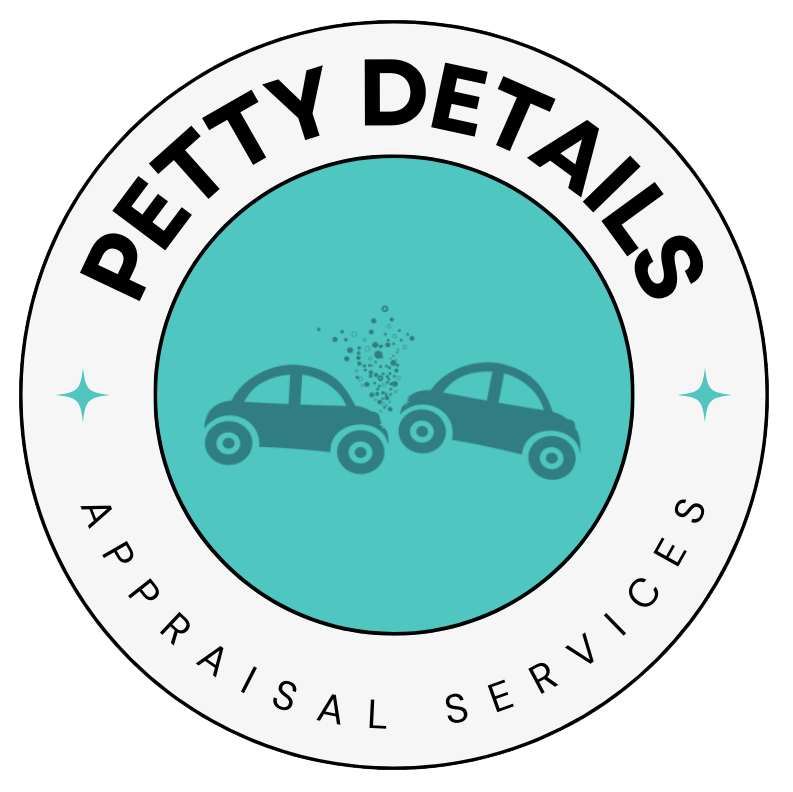How To Deal With A Diminished Value Claim Against A Commercial Vehicle Insurance Policy
During my auto claims career I have dealt with hundreds of claims that stemmed from the negligence of a commercial vehicle. In particular, three types of claims are most common: Claims involving rental vehicles, taxis, or small freight / towing truck companies. In most cases, if one of these commonly self-insured entities has caused you damage, then you’ll have a very difficult time recovering your damages.
Here’s an example of what you could run into . . .
I currently have a case on the books where my customer’s vehicle was damaged because a towing company failed to secure an item that was on the bed of a tow truck. The item fell off causing over $7K in damage and lost value to my client’s vehicle. The tow company’s risk manager told us that he would not pay for damages, and that my customer would have to sue. Then, he said if the customer won the suit, he still would simply never pay the judgment.
Why not just file a claim with their insurance, you say? Well, sure the company has an insurance policy (blanket) and they are supposed to give you the name and policy number so a claim can be filed, but they may refuse this if there is no police involvement. In that case, we could find the name of their insurance company through public info requests or online free databases, and might get a claim filed. All that being so, even if we are able to file a claim, it rarely helps to get damages paid because if the tow company is “self-insured” (which most are), then the insurance that is on file with the State is only triggered for losses over the agreed self insured amount (normally the insurance company doesn’t have to pay until damages are more than $50K). That’s right, I’m telling you that the tow / taxi / rental company can just refuse to pay damages all while being completely in compliance with the law regarding vehicle accidents and damages.
In Texas, this law is called The Texas Motor Vehicle Safety Responsibility Act. It is all laid out starting in Chapter 601 of the Texas Transportation Code. The code does NOT require that you have insurance.
I repeat, the code does NOT require that you have insurance.
Don’t believe me? Here it is quoted straight from the code:
“Sec. 601.051. REQUIREMENT OF FINANCIAL RESPONSIBILITY. A person may not operate a motor vehicle in this state unless financial responsibility is established for that vehicle through:
(1) a motor vehicle liability insurance policy that complies with Subchapter D;
(2) a surety bond filed under Section 601.121;
(3) a deposit under Section 601.122;
(4) a deposit under Section 601.123; or
(5) self-insurance under Section 601.124.
Acts 1995, 74th Leg., ch. 165, Sec. 1, eff. Sept. 1, 1995.
Most people think that the law requires that you have insurance, but that is NOT true, as you can see above. It is true that most people comply with the financial responsibility law by purchasing a liability insurance policy (option 1 above), but it is NOT required. Texas law only requires that you prove you are able to pay, IF you cause damage to another person or their property.
So, all that good technical info aside, can you make the company pay for your damages? Maybe. It’s a lot of work and you’ll likely need a lot of help. I’ve spent a lot of time (nearly two decades) auditing damages and values of vehicles, and handling insurance claims and damage recovery cases (subrogation) for insurance companies, attorneys, individuals, and municipalities. Even as an expert in auto damage claim recovery, I have a tough time with self-insured entities. They can and will ignore suits and judgments, so you have to know how to enforce your judgment (receivership, garnishment, asset levy) if you really want to get paid and teach the company a lesson in causing damages and refusing to pay for them.
If you need help with a claim, feel free to contact my office anytime to get the answers you need. Information is always free at Petty Details, LLC!
Justin


